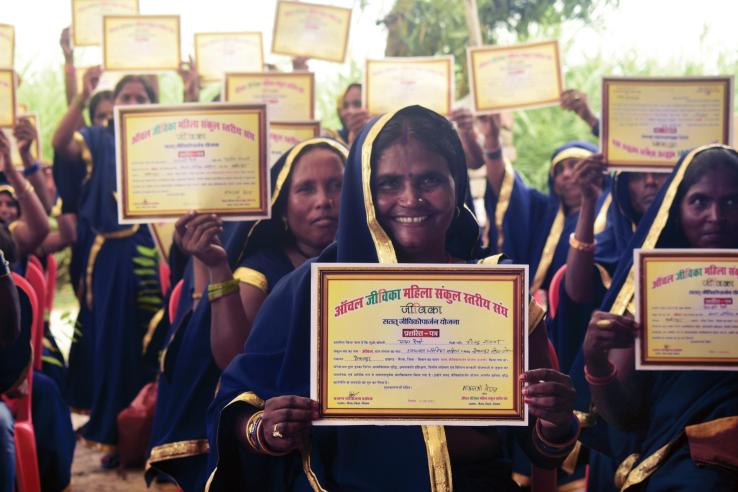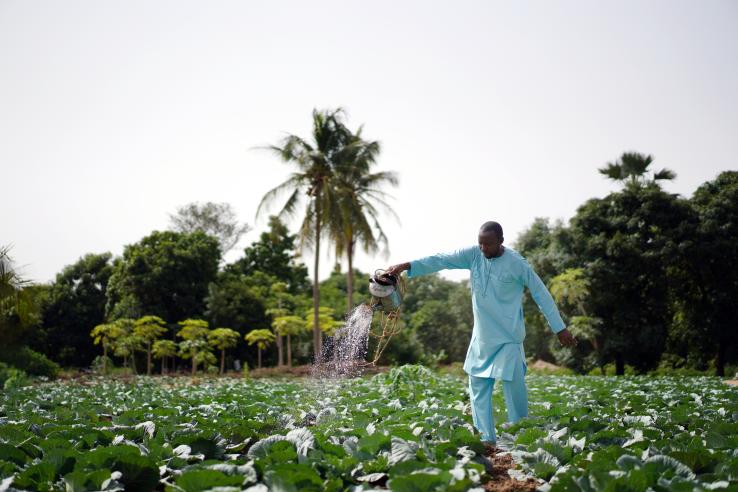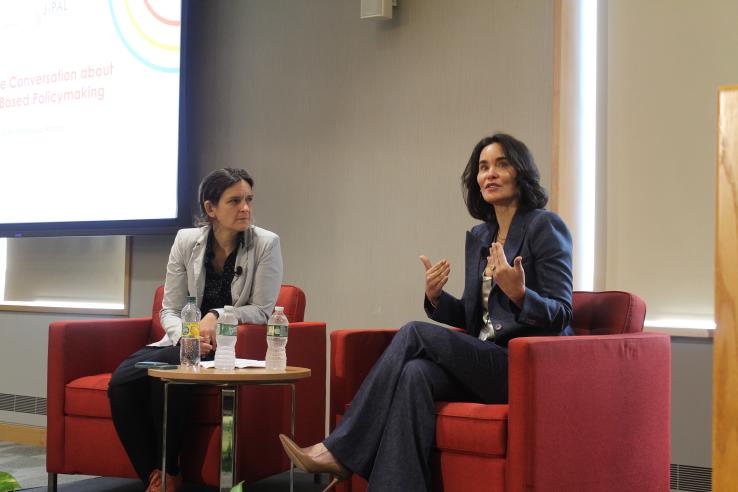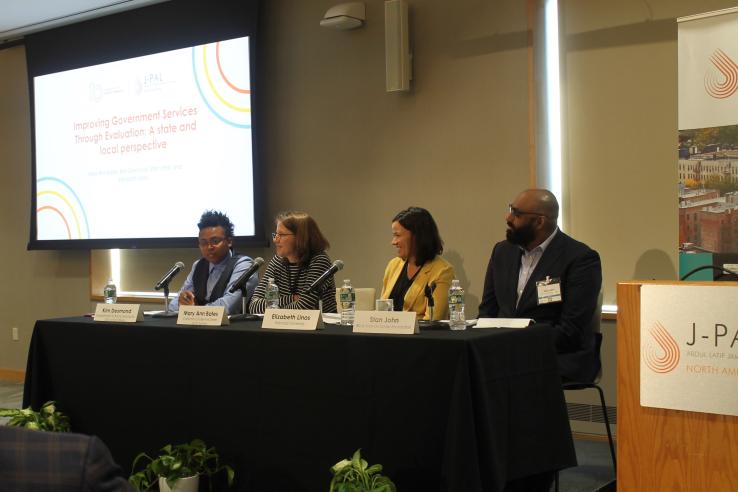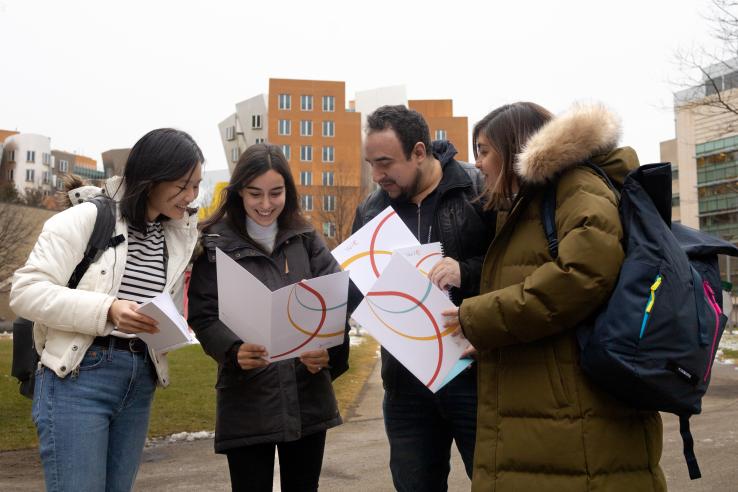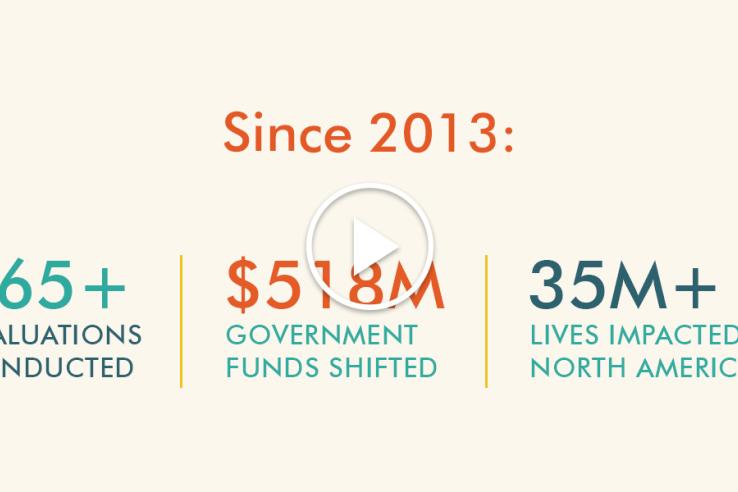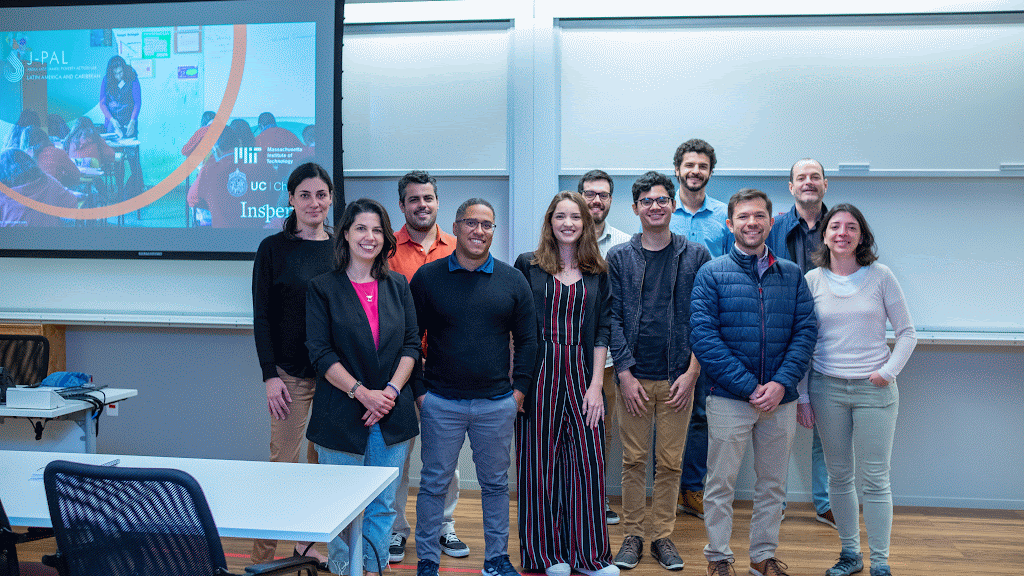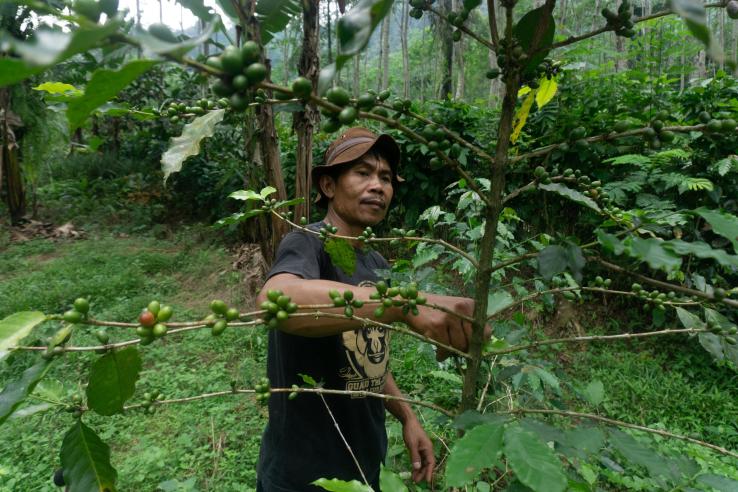Displaying 3016 - 3030 of 8336
Person
Person
Person
Policy insight
In high-income countries, exposure to women role models often positively impacts women students’ participation and educational performance in science, technology, engineering, and mathematics (STEM) fields, by improving students’ perceptions and aspirations of having STEM careers.
Blog
Recently, J-PAL updated its Policy Insight on the Graduation approach, in addition to a guide outlining key lessons from the large-scale adaptation of the graduation program, Satat Jeevikoparjan Yojana (SJY) by the State Government of Bihar in India.
Blog
An urgent policy priority, both to increase farmers’ own productivity and profits and to contribute to stabilizing food security throughout these regions, is to provide accessible forms of risk protection. J-PAL’s updated Policy Insight reviews 23 randomized evaluations on common interventions...
Blog
In this post, J-PAL North America reviews the ongoing studies supported by J-PAL North America on strategies to address the opioid epidemic and calls for further research in this pressing area.
Blog
In this post, we highlight a conversation between Esther Duflo and Laura Arnold from J-PAL North America's ten year convening on building a culture of evidence-based policymaking.
Blog
Across a breadth of topics covered at J-PAL North America's ten year convening, speakers touched on common themes about how to generate evidence and inform policies effectively and equitably.
Event
O programa MicroMasters® em Dados, Economia e Design de Políticas (DEDP) oferece a estudantes habilidades práticas e conhecimento teórico para enfrentar alguns dos desafios mais urgentes em todo o mundo.
Update
J-PAL Updates
J-PAL North America's December newsletter features reflections on our ten year anniversary, a new blog post from our researching racial equity series, and ongoing studies conducted by J-PAL’s affiliated researchers on interventions to address the opioid epidemic.
Update
J-PAL Updates
This special newsletter from J-PAL LAC celebrates J-PAL's 20th anniversary by highlighting the research center's most notable achievements in the region in the past year.
Blog
J-PAL’s King Climate Action Initiative (K-CAI) supports pilot studies, randomized evaluations, and scaling projects at the nexus of climate change and poverty alleviation. Three years ago, the initiative concluded its first funding competition. Since then, K-CAI has generated evidence that has...
Event
Science meets the arts at J-PAL South Asia’s "Shaping Policy, Transforming Lives"—celebrating two decades of J-PAL’s fight against poverty across the world.
Update
J-PAL Updates
In the December 2023 newsletter, we share evidence on supporting farmers facing climate change, highlight community-focused partnerships for water access, and learnings from the Graduation approach to support people facing extreme poverty.

